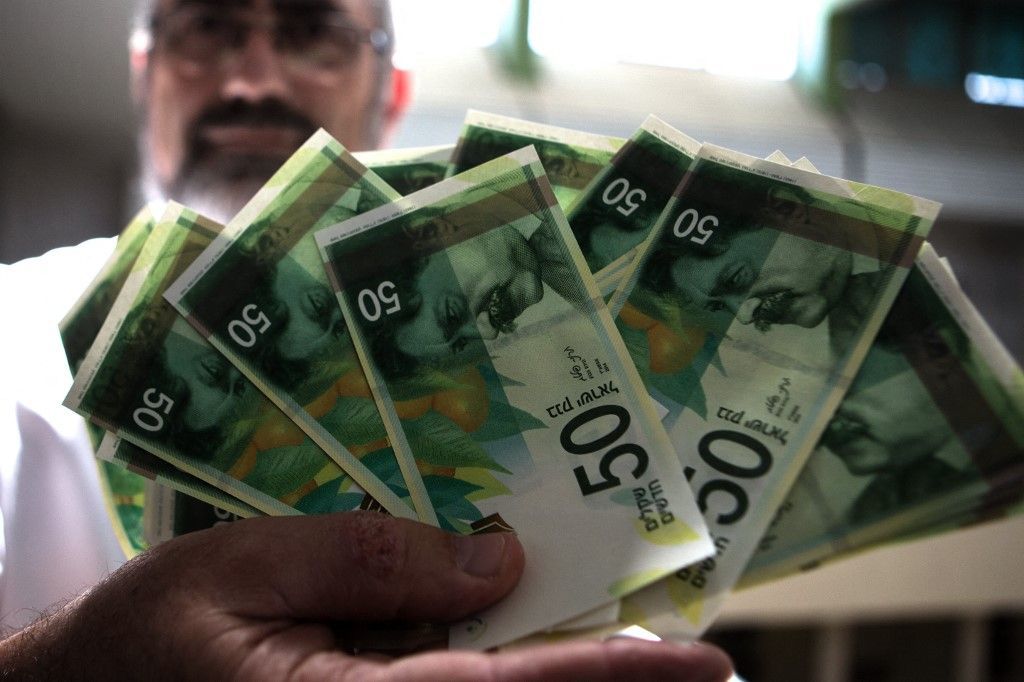
globalbizmag.com
Central Bank of Israel to Sell $30 Billion in Open Market
Notwithstanding its ongoing war on the Hamas militant groups, the Central Bank of Israel on Monday for the first time announced a program to sell up to $30 billion in foreign exchange in open market.
The Bank will operate in the market during the coming period in order to moderate volatility in the shekel exchange rate and to provide the necessary liquidity for the continued proper functioning of the markets.
Besides selling $30 billion in foreign exchange, and as necessary, the Bank will provide liquidity to the market through SWAP mechanisms in the market of up to $15 billion.
According to a report, experts believe this move could have far-reaching implications. It not only represents a shift in Israel’s monetary policy but also underscores the Central Bank’s proactive stance in managing the economic fallout from the ongoing conflict. The decision could also serve as a model for other nations grappling with similar situations in the future.
The Bank of Israel will continue monitoring developments, tracking all the markets, and acting with the tools available to it as necessary, the Central Bank said. This move quickly calmed the market as the shekel recovered from steep early losses.

Exchange Rate Weakens
According to a report from Reuters, ahead of the announcement, the shekel had weakened by more than 2% to a more than 7-1/2-year low of 3.92 per dollar. The shekel now stands at a rate of 3.86, down 0.6%. The shekel was already weak, down 10% versus the U.S. currency so far in 2023, largely due to the government’s judicial overhaul plan that has sharply curtailed foreign investment.
Israeli stock and bond prices slid 7%, and many businesses were closed on Sunday, a day after Hamas launched a large-scale surprise attack against Israel, reportedly killing 700 Israelis and abducting dozens more in the deadliest incursion into Israeli territory since Egypt and Syria’s attacks in the Yom Kippur war 50 years ago.
Israel has amassed forex reserves of more than $200 billion, much of it from buying forex since 2008 to try and keep the shekel from strengthening too much and harming exporters as foreign inflows to the country’s tech sector soared. The last time the bank intervened was in January 2022.
It may be recalled that Bank of Israel Governor Amir Yaron last month said that despite the sharply weaker shekel that has helped to push up inflation, there was no need to intervene since there were no market failures, the report added.















